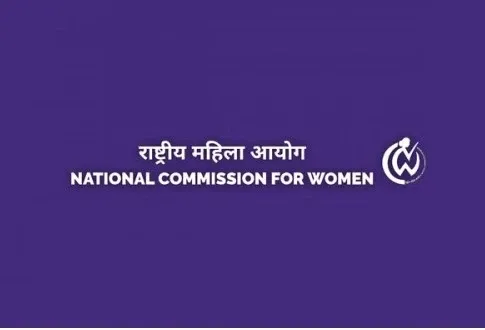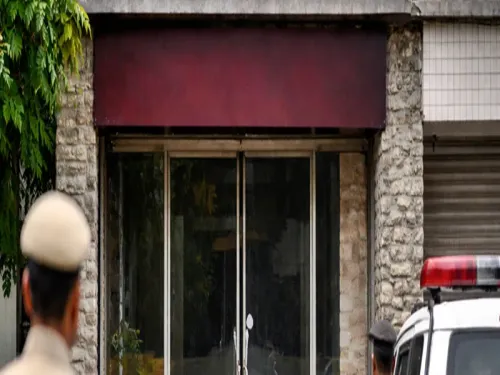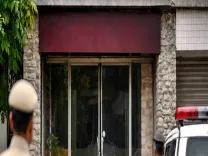What Urgent Reforms Does the NCW Propose for Police Training and Campus Safety After the Bhopal Assault Case?

Synopsis
Key Takeaways
- Stricter monitoring by educational institutions is essential for student safety.
- Improved police training in gender sensitization is crucial.
- Access to psychological counselling for survivors is necessary.
- Investigations into organized crime should be expanded.
- Compliance with Prevention of Sexual Harassment guidelines is mandatory.
New Delhi, May 20 (NationPress) The National Commission for Women (NCW) has made several recommendations aimed at enhancing student safety in light of a troubling case in Bhopal involving sexual assault and blackmail, according to officials.
The commission is advocating for more rigorous oversight by educational institutions and improved training for police officers to effectively manage such incidents.
This particular case involved a group of students who allegedly perpetrated crimes against their fellow students, pressuring victims into silence through recorded evidence of their assaults.
The assailants intensified their threats by compelling victims to introduce additional students into their circle, under the fear of being exposed.
In response to the gravity of the situation, the commission initiated an investigation spearheaded by a three-member team led by Vijaya Rahatkar, the commission chairperson.
The team visited Bhopal earlier this month, engaging with victims, their families, police officials, and college representatives.
Their investigation uncovered a calculated plan wherein the accused lured students with lavish gifts, drugs, and false affection, ensnaring them in a cycle of exploitation.
Despite experiencing intense psychological and social pressure, the victims courageously filed a First Information Report, which resulted in rapid arrests by the Baghsewania police.
The commission praised the authorities for their swift action and underscored the necessity for comprehensive measures to avert similar incidents in the future.
Among the pivotal recommendations, the commission stressed the importance of police training in gender sensitization and communication skills to adeptly manage such sensitive cases.
It also urged institutions to ensure access to psychological counselling for survivors to mitigate the risk of post-traumatic stress disorder.
Authorities have been called upon to broaden investigations into potential links to organized crime, particularly in relation to drug trafficking, given the luxurious lifestyles of the accused despite their humble family backgrounds.
Concerns regarding religious coercion have also been raised, with reports alleging that victims were pressured into conversion.
The commission suggested further inquiry into possible external funding supporting such activities.
Colleges must adhere to the Prevention of Sexual Harassment guidelines, provide training for Internal Complaints Committees, and display helpline numbers prominently.
Institutions that offer government-funded scholarships or free education should maintain thorough records of student attendance and retention.
State and private institutions are also expected to submit reports detailing fund utilization related to women's welfare and skill development programs.
Additionally, authorities should investigate allegations that some educational institutions are misusing land grants and scholarships for profit rather than their intended purpose.
The commission highlighted the necessity for ongoing police monitoring and proposed quarterly meetings with local committees to bolster vigilance.










